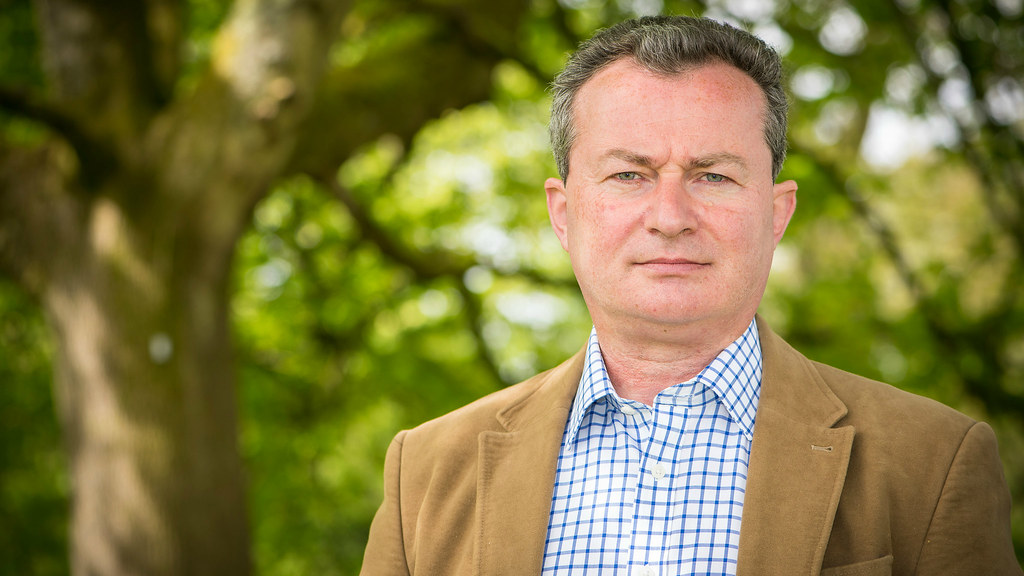A research team led by Professor Laurence Hurst FMedSci FRS, Director of the University of Bath’s Milner Centre for Evolution, is investigating the evolution of sections of genes previously thought to be largely irrelevant.
Hurst’s team is interested in DNA mutations which change the gene but not the resulting protein and are thus called “synonymous” or “silent” mutations. Previously these were assumed to be irrelevant changes, however by studying how the DNA sequence evolves at these sites, Hurst discovered that silent mutations often reduce the chances of survival.
In turn, he has found that such seemingly harmless mutations in genes can be important markers for human diseases. By understanding how these mutations affect disease, Hurst aims to make improved versions of the genes for gene therapy.
Professor Hurst has been awarded €2.5 million by the European Research Council as part of their ERC Advanced scheme. The team, which also includes Dr Grzegorz Kudla (MRC Human Genetics Unit, University of Edinburgh) and Dr Zsuzsanna Izsvák(Max Delbrück Center for Molecular Medicine at the Helmholtz Society (MDC) Berlin) will develop computer software to identify DNA mutations that potentially cause diseases.
In the future this technology could be used to medically diagnose diseases earlier. It is already showing promise for diseases such as Crohn’s disease and motor neurone disease.
Professor Hurst commented: “This is a unique project in which we will be using fundamental knowledge on the evolution of genes and applying it to advance medical diagnostics.
“We’ve found that mutations in the genes that previously were thought to be irrelevant, could in fact very important in causing and hence diagnosing diseases, cancer included.
“Our aim is not simply to improve diagnostics, but to improve gene based therapies as well by giving the patient an improved version of the gene.
“Knowing why silent mutations matter should enable us to make really good replacement genes”, he commented.
The researchers are also working to identify “safe zones” in the genome, where genes can safely be inserted during gene therapy, to correct a faulty gene of a patient with a genetic disease.
Professor Hurst explained: “Genes that clustered together in the human genome are often regulated simultaneously.
“Inserting genes into these clusters during gene therapy could change how these genes function with very dangerous consequences, so we will be identifying zones of lower gene density where genes could potentially be inserted safely.”
The University of Bath’s Milner Centre for Evolution is the first dedicated Centre for research and public engagement for evolutionary science in the UK. It is named after alumnus Dr Jonathan Milner who donated £5 million in June towards establishing the Centre.
An impressive 85 per cent of the University’s Biological Sciences research was judged as world-leading or internationally excellent in the recent independently-assessed Research Excellence Framework 2014.

